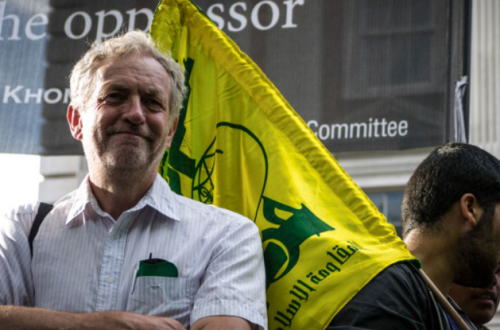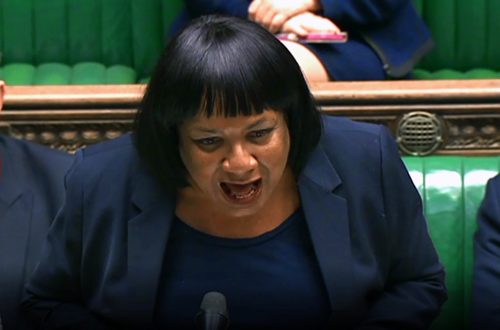Moazzam Begg of Cageprisoners?
Since the story broke about the recent Detroit bomb plot, the media has reported frantically that Umar Farouk Abdulmuttalab – who is alleged to have sewn explosives into his underwear in order to avoid detection at airport security – became radicalised and recruited by extremists during his time in the UK, with particular reference to his period as President of the Islamic Society at the University of College London (UCL). Pursuant to this, it has been widely reported that he organised a series of lectures under the title ‘War on Terror’ and that the speakers invited give an indication to the radically Islamic nature of Umar. They included renowned lawyers like Sir Geoffrey Bindman, Phil Shiner, MP George Galloway, my colleague Asim Qureshi, journalist Victoria Brittain and me.
A rudimentary investigation would have uncovered that Abdulmuttalab was not the actual organiser of these lectures – he was not even present.I have received incessant media enquiries over the past two weeks asking if I knew or remembered Abdulmuttalab. Some articles in the press have suggested that Abdulmuttalab even came under my tutelage, so I became deeply troubled: how could I have forgotten I knew this individual when the media insist I must have known him? I have spoken at over 500 events since my return from Guantanamo, including UCL where I have addressed events organised by Amnesty International, as well as by the Islamic society. But the person who did organise the ‘War on Terror Week’, Qasim Rafiq – who I do remember and is a bona fide friend of Abdulmuttalab’s, told me that I would not have known him because he didn’t attend any of the lectures. Had Abdulmuttalab attended one of the Cageprisoners’ lectures he’d have learned that we deal in campaigning and legal briefs, not the other sort.
Or former UCL student Fabian De Fabiani, as reported by the New York Times?
For the inaugural lecture of the “War on Terror Week” that Abdulmutallab helped organize as president of the college’s Islamic society from 2006 to 2007, the group booked a large lecture hall. It was a full house, said Fabian De Fabiani, a student at the time who attended, with about 150 people. Some members of the society dressed in the orange jumpsuits similar to those of Guantánamo Bay, Cuba, detainees; they stood at the doors and handed out leaflets.
Abdulmutallab was seated “where the lecturer would usually sit,” De Fabiani said, “very close” to Moazzam Begg, a former Guantánamo Bay detainee then in contact with Anwar al-Awlaki, the radical preacher whom officials say Abdulmutallab probably met in Yemen before setting off on his alleged failed bombing attempt. Begg acknowledged attending the event but said he did not recall meeting Abdulmutallab.
“When we sat down, they played a video that opened with shots of the twin towers after they’d been hit, then moved on to images of mujahedeen fighting, firing rockets in Afghanistan,” De Fabiani said. “It was quite tense in the theater, because I think lots of people were shocked by how extreme it was. It seemed to me like it was brainwashing, like they were trying to indoctrinate people.”
Asim Qureshi of Cageprisoners, campaigning for human rights
We embrace the mercy. We embrace every single thing that is set upon us and we deal with it because we have no fear. So when we see the example of our brothers and sisters fighting in Chechnya, Iraq, Palestine, Kashmir, Afghanistan then we know where the example lies. When we see Hezbollah defeating the armies of Israel, we know what the solution is and where the victory lies. We know that it is incumbent upon all of us to support the jihad of our brothers and sisters in these countries when they are facing the oppression of the west.


